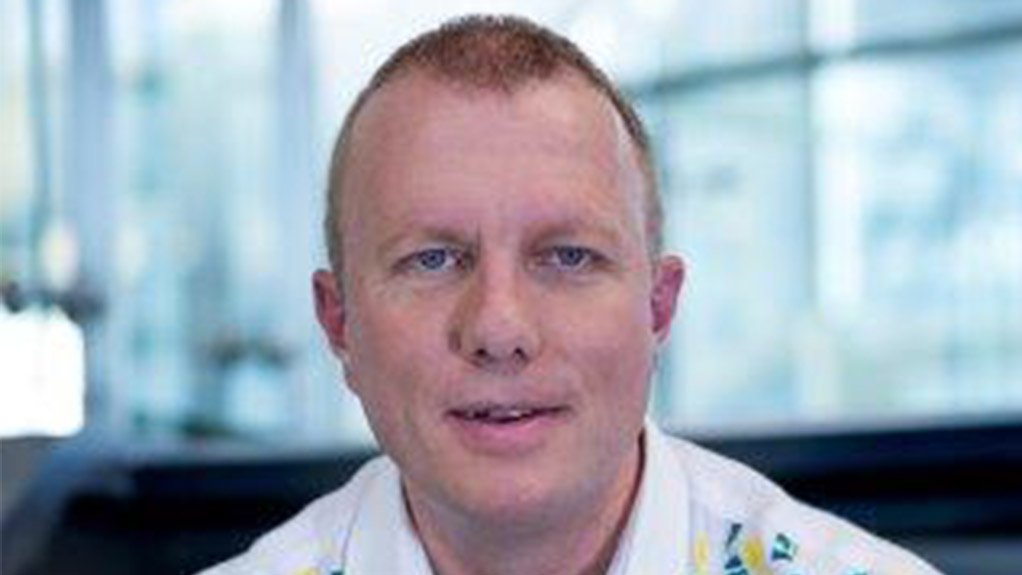Smart cities in Africa require intelligent planning and an active citizenry
This article has been supplied as a media statement and is not written by Creamer Media. It may be available only for a limited time on this website.
Smart cities in an African context require intelligent planning and an active citizenry rather than the overlay of technological solutions more applicable to international markets such as Europe.
This was the message from Paragon Founding Director Henning Rasmuss, a key speaker at the Bigen Smart City Conference on 9 May in Pretoria. The conference focused on main issues such as harnessing smart urbanism to drive transformation of cities, bridging the digital divide in sustainable development in the information age, and how best to realise urban mobility.
Engineers tend to look at ‘smart’ cities in the context of technology rollout, whereas architects are more concerned about the social implications of technology. While ‘smart’ is often equated with ‘intelligent’, the real issue about technology is whether or not it is sustainable. For example, Rasmuss highlights a simple trend like road closures to boost safety and security in neighbourhoods as having unforeseen consequences in terms of traffic flow and congestion in a larger urban context.
“Cities are made of the people who live in them, and that is why cities differ in terms of the urban experience they offer. Hence in certain cities, you just feel safe walking down the road, because the citizenry contributes actively to making it like that,” Rasmuss argues.
However, practices such as Paragon have to design for technology, as suppliers make such solutions available to clients, who then demand them in their projects. “We need to be knowledgeable in what technology can offer, as well as ensure that the physical environment functions intelligently, whether for a community in a neighbourhood or a workforce in a corporation.”
A key factor in this regard is spatial design, which takes into account dead corners on streets for safety and security purposes, and allowing for transparency, shading, natural cooling and ventilation, and planting such as roof gardens in office complexes and food gardens for housing developments.
“There is a difference between intelligence and knowledge. Intelligence is the ability to manipulate facts for a particular effect. Just as technology rollout does not make a ‘smart’ city per se, technology rollout plus informed citizens can make for a truly amazing city,” Rasmuss stresses.
Rather than look at hi-tech technological solutions first, such as touchscreens for pedestrians, Rasmuss argues that common-sense dictates that the initial focus is to ensure that basic infrastructure functions properly. “We need to look at the most obvious bottlenecks that keep a city from functioning reliably. It means taking a step back in order to look for the most obviously broken bits, before we get into engineering designs and technology.”
This practical approach means that architects and developers can focus on the low-hanging fruit, which often means limited or no investment at all in order to bring about a substantial improvement in basic infrastructure. “Before we start buying into and designing around technology, we just need to project good common-sense and long-term thinking into the discourse. We have a responsibility to inform clients when they make short-term decisions,” Rasmuss concludes.
Comments
Press Office
Announcements
What's On
Subscribe to improve your user experience...
Option 1 (equivalent of R125 a month):
Receive a weekly copy of Creamer Media's Engineering News & Mining Weekly magazine
(print copy for those in South Africa and e-magazine for those outside of South Africa)
Receive daily email newsletters
Access to full search results
Access archive of magazine back copies
Access to Projects in Progress
Access to ONE Research Report of your choice in PDF format
Option 2 (equivalent of R375 a month):
All benefits from Option 1
PLUS
Access to Creamer Media's Research Channel Africa for ALL Research Reports, in PDF format, on various industrial and mining sectors
including Electricity; Water; Energy Transition; Hydrogen; Roads, Rail and Ports; Coal; Gold; Platinum; Battery Metals; etc.
Already a subscriber?
Forgotten your password?
Receive weekly copy of Creamer Media's Engineering News & Mining Weekly magazine (print copy for those in South Africa and e-magazine for those outside of South Africa)
➕
Recieve daily email newsletters
➕
Access to full search results
➕
Access archive of magazine back copies
➕
Access to Projects in Progress
➕
Access to ONE Research Report of your choice in PDF format
RESEARCH CHANNEL AFRICA
R4500 (equivalent of R375 a month)
SUBSCRIBEAll benefits from Option 1
➕
Access to Creamer Media's Research Channel Africa for ALL Research Reports on various industrial and mining sectors, in PDF format, including on:
Electricity
➕
Water
➕
Energy Transition
➕
Hydrogen
➕
Roads, Rail and Ports
➕
Coal
➕
Gold
➕
Platinum
➕
Battery Metals
➕
etc.
Receive all benefits from Option 1 or Option 2 delivered to numerous people at your company
➕
Multiple User names and Passwords for simultaneous log-ins
➕
Intranet integration access to all in your organisation

























